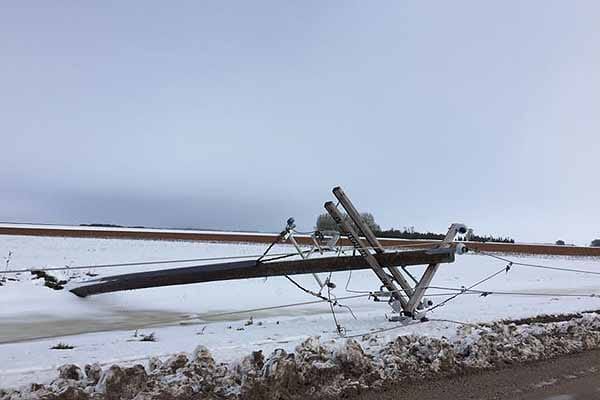A federal judge has issued a temporary order preventing the Department of Justice (DOJ) from sharing a classified report prepared by Special Counsel Jack Smith with members of Congress. The report, which pertains to an investigation involving classified documents, has been the subject of intense interest from various congressional committees, particularly the House Judiciary Committee. The judge’s ruling marks a significant development in the ongoing battle between the executive and legislative branches regarding access to sensitive information related to government investigations.
The order specifically restricts the DOJ from handing over the classified report to the House Judiciary Committee, which had subpoenaed the documents earlier. The committee, led by Republican representatives, had asserted that access to the report was necessary for their oversight responsibilities and to ensure accountability within the executive branch. However, the judge argued that releasing the report at this juncture could jeopardize ongoing investigations and compromise national security interests.
The decision highlights the inherent tension between the legislative branch’s need for oversight and the executive branch’s need to maintain the secrecy of certain information, especially during investigations involving sensitive or classified materials. The court emphasized the potential for harm to the integrity of ongoing probes if details of the investigation, contained within the classified report, are made public. The specific nature of the information within the report remains undisclosed, but it is understood to be directly related to a high-profile investigation. The judge further stated that the necessity to maintain confidentiality outweighed the immediate need of the House Judiciary Committee to review the report. This delicate balance is often the crux of legal battles over executive privilege and congressional oversight.
This situation is not unique, as similar conflicts have arisen in past administrations, underscoring the ongoing debate regarding the level of transparency that should exist when national security interests are potentially impacted by the release of sensitive information. The ruling now sets the stage for future legal arguments and potentially further appeals by the House Judiciary Committee. It is likely that this case will spark a larger discussion over the limits of executive privilege and the scope of congressional oversight when national security interests are at stake. The DOJ has not officially responded to the ruling. However, it’s expected that they will comply with the judge’s order while potentially exploring avenues for eventual information sharing that would not jeopardize any active investigations.
The House Judiciary Committee, on the other hand, has expressed strong disagreement with the decision. Representatives from the committee have made public statements criticizing the order, arguing that it hinders the committee’s duty to provide checks and balances on executive power. They argue that Congress has a right to be informed about potential wrongdoings or misconduct, especially when it concerns classified documents and investigations into government actions. They may pursue legal avenues to attempt to overturn the ruling or seek a compromise that allows for limited access to the classified document’s report while preserving its sensitivity.
The judge’s reasoning hinged upon protecting the integrity of the investigative process. Releasing the information to members of Congress, even if under oath and within a secured setting, presents a risk, the judge pointed out, of unauthorized disclosures. The nature of classified material requires that its circulation be carefully controlled, and the court felt the need to exercise extreme caution in this instance. The ruling is temporary, indicating that the matter may be revisited in future court proceedings. The court is likely to assess the status of the investigations and re-evaluate the necessity for continued secrecy at a later date. The judge’s order aims to minimize potential harm to the investigative process and ensure that any investigation can proceed without undue influence or premature public exposure. This is standard practice when dealing with sensitive information related to active investigations. The decision ultimately underscores the judicial system’s role in mediating conflicts between different branches of government. It is expected that this decision will be closely monitored by legal scholars and policymakers alike, as it sets a potential precedent for future disputes of this nature. The case is a reminder that while the public has a right to know, sometimes that right must be balanced with other significant public interests, like those connected to national security and the ongoing investigation of potential misconduct. The legal wrangling over this classified report is expected to continue for the foreseeable future.



